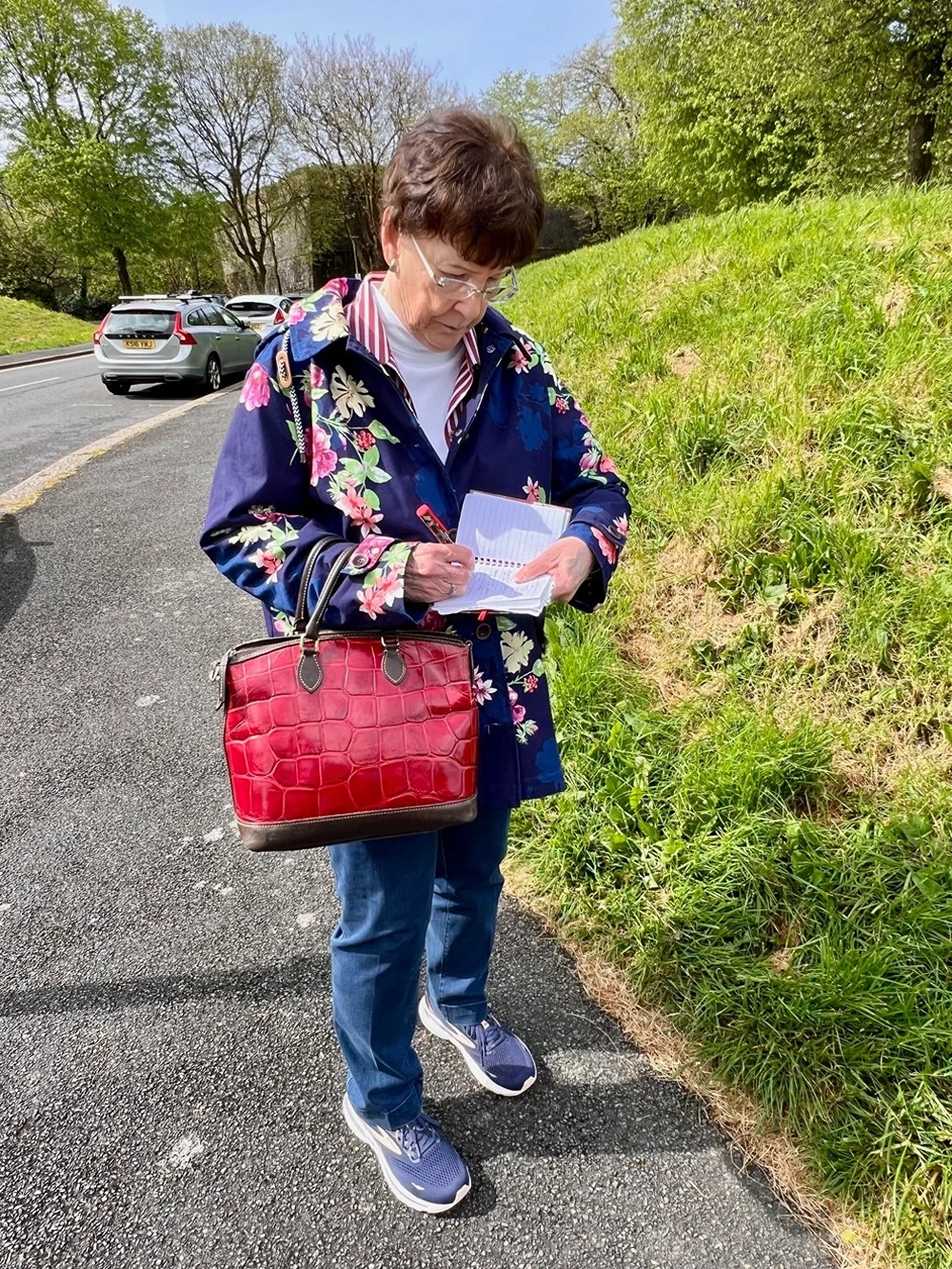According to Sir James Barrie, author of Peter Pan, “God gave us memory that we might have roses in December.” He viewed memory as a gift, something meant to bring happiness, as most of us do. We pledge to remember the engaging and creative remarks our children make. Because memories give us our identity and our individuality, we consider it an irreparable loss when elderly loved ones begin to lose their ability to recall events and people in their lives. At memorial services, we honor and give tribute to them by sharing the way their values and deeds impacted us, and we are comforted.
Memory can also be a constructive tool for dealing with problems in the present. We bring to mind past choices which led to positive results. We focus on earlier successes when we encounter difficult challenges. We remind ourselves of more relaxed times when we need to find relief from stress. Students who prepare for exams know that mastery of any subject requires memory.
Memory adds depth to our personalities. Can we experience remorse without recalling our shortcomings? Can we reconcile a relationship without acknowledging our past faults? Can we forgive without releasing thoughts of former distress? Can we reply to others if we forget their question or invitation?
While we may think we remember only with our minds, our bodies have memory, too. Athletes and others whose physical performance is necessary for success rely on muscle memory, which allows them to execute difficult or complex feats without consciously detailing each move.
Jennifer Jeffries, the protagonist in The Witness, would adopt Shakespeare’s sentiment: “O! that I were as great / As is my grief, or lesser than my name, / Or that I could forget what I have been, / Or not remember what I must be now.” Victim of a cruel and brutal attack while traveling in London, this young Texan doesn’t want to remember what happened to her. The London Metropolitan Police detectives hope to identify and proceed against the offender, but she struggles to participate in the interviews which cause her to relive her frightening and painful experience. While she yearns for home, thinking back to her life before the attack only increases her anguish. When the police, concerned for her safety, place her in witness protection, she feels alienated from her surroundings, her protectors, and even herself.
The Witness, a crime/suspense novel scheduled for release in July, presents not only the police point of view, but also a picture of how violence and the trauma that follows it stain the constructive nature of memory. Emotional healing takes far longer than physical healing. As one character states, “Trauma has a long life.” Discover the steps Jenny takes to move forward with the police investigation, the justice process, and the rebuilding of her being. Copies can be ordered at pre-publication prices through this website, Amazon.com, or Barnes & Noble.com.



